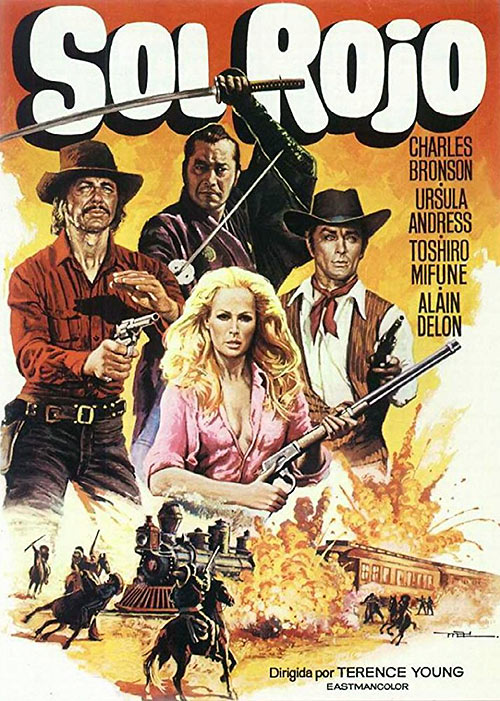 Director: Terence Young
Director: Terence Young
Writers:
Laird Koenig… (story)
Denne Bart Petitclerc … (adaptation) &
William Roberts … (adaptation) &
Lawrence Roman … (adaptation)
Gerald Devriès … (dialogue) (as Gerald Devries)
Cinematography: Henri Alekan
Music: Maurice Jarre
Stars: Charles Bronson, Ursula Andress, Toshirô Mifune, Alain Delon, Capucine
Red Sun
By Walt Mundkowsky
Terence Young is a moderately skillful Englishman who keeps laboring away at the action thriller, always with less than satisfying results. His three Bond pictures (Doctor No, From Russia with Love, Thunderball) had barely an atom of personality, and it would be charitable to describe The Poppy Is Also a Flower and Triple Cross as mediocre. The finale of Wait Until Dark got suitably scary but the whole lacked what marks the best of its type, that sense of pushing us into horror and permitting no escape; its structure was slack enough for the gaps in logic to show. Young tried his hand outside his usual range: In his remake of Mayerling, the costumes and furnishings upstaged the actors; The Christmas Tree was an inept tearjerker. Red Sun (National General) puts him back on familiar ground — an amiable, bloated Western you would probably not hate yourself in the morning for seeing.
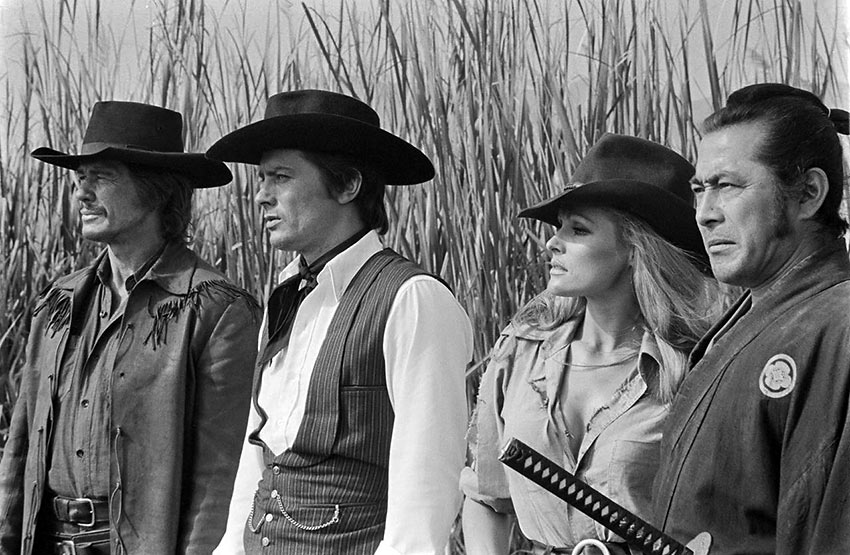
The plot doesn’t bend over backwards to be credible, but any excuse for fitting Toshiro Mifune into a Western is a good one. A gang of outlaws attacks a train which happens to be carrying the Japanese ambassador and his two samurai bodyguards. Gauche (Alain Delon), the leader of the bandits, takes a ceremonial sword intended as a gift for the President and shoots one of the samurai. Kuroda (Mifune), the remaining bodyguard, is given seven days to recover the sword; if he fails, he and the ambassador must commit hara-kiri. Kuroda and Link (Charles Bronson), a gunfighter Gauche has doublecrossed, are forced by circumstances into a curious, mutually distasteful arrangement. Link knows the terrain; if he tries to leave, Kuroda will kill him. Kuroda views the hunt as a matter of honor — to regain the sword and kill the man who murdered his friend, not necessarily in that order. Link is interested only in the money. If you have seen as many as five Westerns, the resolution of the story should not surprise you.
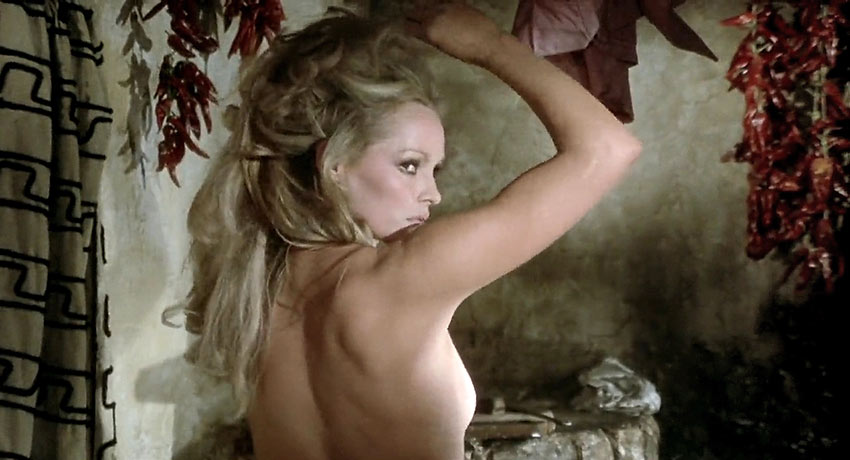
The main problems in Red Sun involve its air of expense and respectability. The quirky tone of the better Italian Westerns, a mixture of wide-eyed, childlike awe at the Western conventions and an awareness of their essential silliness, would help this film. Red Sun would be more engaging if it seemed to realize how mechanical and absurd it is; it has no pretensions to seriousness, but it does take itself seriously. And it passes up very few clichés. The two enemies sworn to kill each other who band together to fight off the Indians, the spunky heroine who is captured by the savages, the adversaries who gradually come to respect each other — they’re all here, and more.
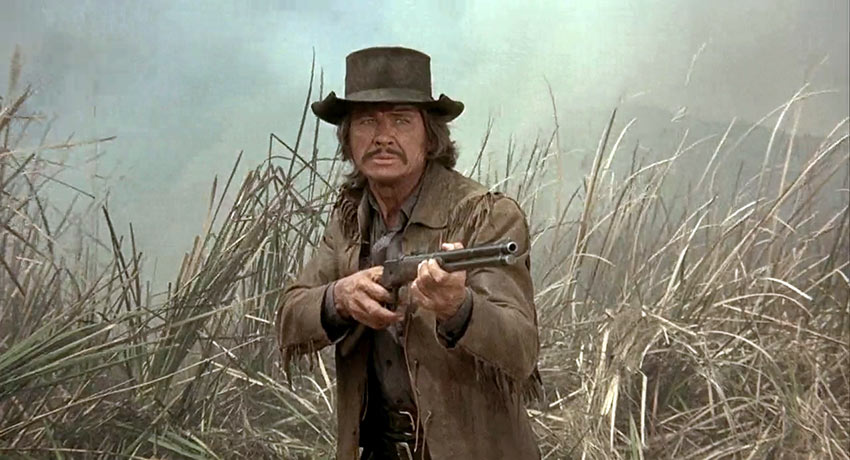
Given the apparent budget, some of the film’s technical aspects disappoint. The pacing is dreadful, numerous scenes are padded shamelessly, and the editing of the final battle is both conventional and confusing. The Technicolor work of Henri Alekan (who shot Cocteau’s poetic Beauty and the Beast in 1946) is uneven, but the palette is nicely understated. One would have to be extremely dull not to appreciate the contrasts and wit in the characters’ costumes — the heroine’s carefully torn pink shirt and dark red pants, Kuroda’s steel-blue kimono, Gauche’s classic white shirt / black suit gambler’s attire. Maurice Jarre’s music is a ghastly reminder of the symphonic slush that was used for Westerns in the pre-Morricone days.
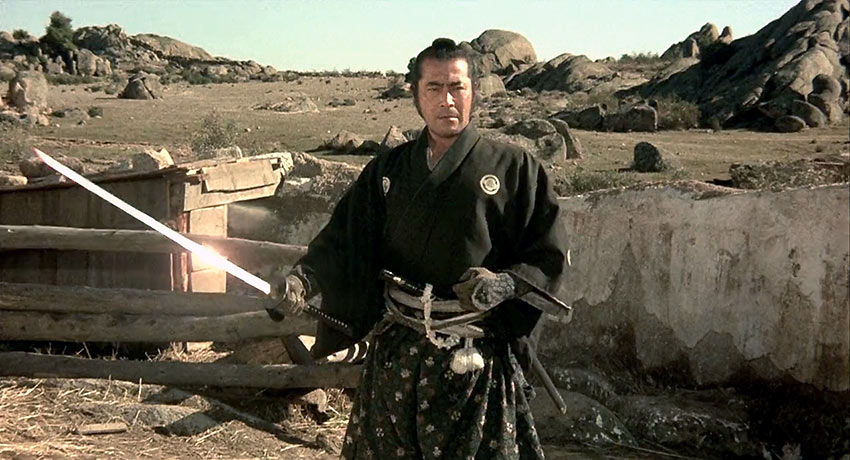
Despite these flaws and others, Red Sun is more or less enjoyable because of the actors. Mifune’s glowering samurai portrayal is justly famous, but I’m of two minds about it. He is splendidly versatile, but has been asked for the same thing too often; yet because of the pitiful foreign film distribution over here, we aren’t able to see him nearly often enough. So I am glad Red Sun exists, even though Mifune does nothing in it he hasn’t done to greater point and impact on his home ground. The swordfighting moves he executes are exciting, as always, with their choreographic grace and explosiveness. Likewise, Bronson’s roguish opportunist is old hat for him; he and Mifune combine most amusingly, and the movie is at its best when it depends on the interplay between their contrasting performances.
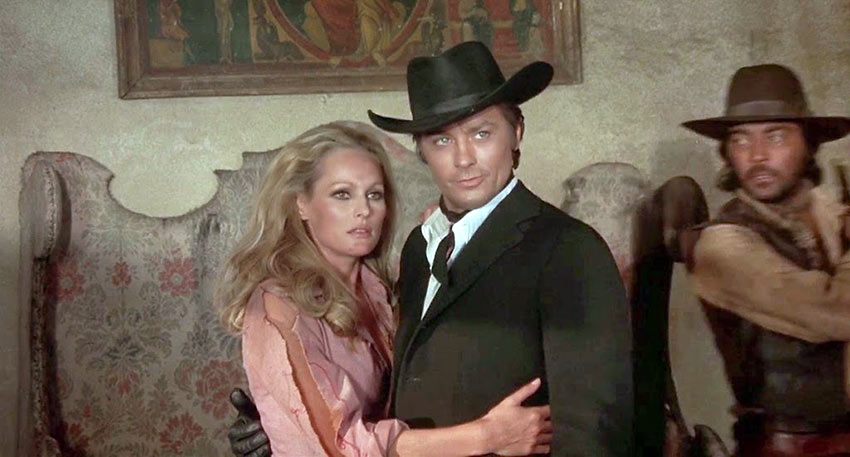
Delon is often ill at ease outside gangster (or cop) roles, and compared to what Mifune and Bronson provide here, his blue-eyed menace comes up short — not in the same weight class. With the stylish Perfect Friday and this film, Ursula Andress projects some conviction in front of the camera; a charming comic style appears within reach. As the gorgeous prostitute who switches teams, she never does anything to embarrass the others.
Red Sun doesn’t wind up close to Important (it’s also rather tone-deaf in 1971 terms), but its journey has undeniable attractions and pleasures.

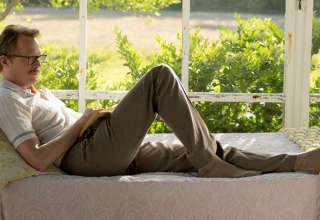
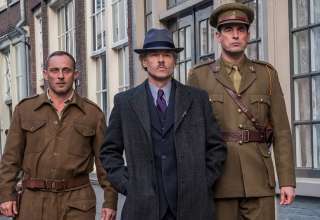
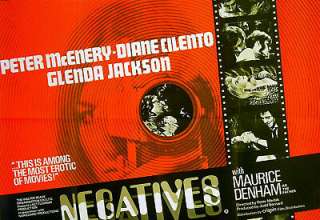
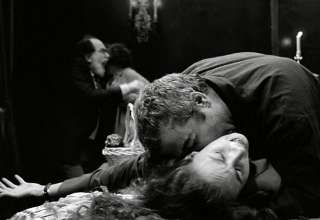
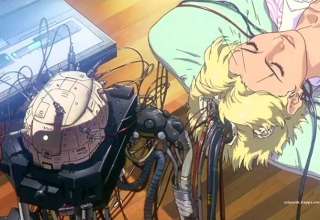
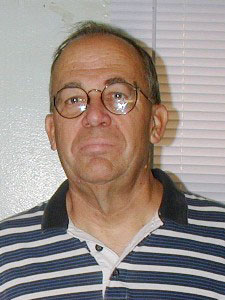 Walt Mundkowsky was born 1944 in San Antonio, TX. In his teens he had a dachshund named for German composer Hugo Wolf. Extensive writings on film (1968-72 freelance, a “Cinema Obscura” column in Home Theater, 1995-2001). He favors the mine-shaft approach — in-depth exploration of tiny, unrelated areas. Now a resident of Koreatown in L.A., he has lived in basements in Denver, London and Stockholm, and may very well do so again.
Walt Mundkowsky was born 1944 in San Antonio, TX. In his teens he had a dachshund named for German composer Hugo Wolf. Extensive writings on film (1968-72 freelance, a “Cinema Obscura” column in Home Theater, 1995-2001). He favors the mine-shaft approach — in-depth exploration of tiny, unrelated areas. Now a resident of Koreatown in L.A., he has lived in basements in Denver, London and Stockholm, and may very well do so again.













Doug
February 19, 2025 at 10:14 pm
Just watched the movie and it’s not the best by any means. I think it might have been good during its time but nah! … it got boring real fast. I agree the plot was unique but the pacing and the dialogues were cliches.
I wouldn’t recommend it to anyone. It’s a B movie at best.